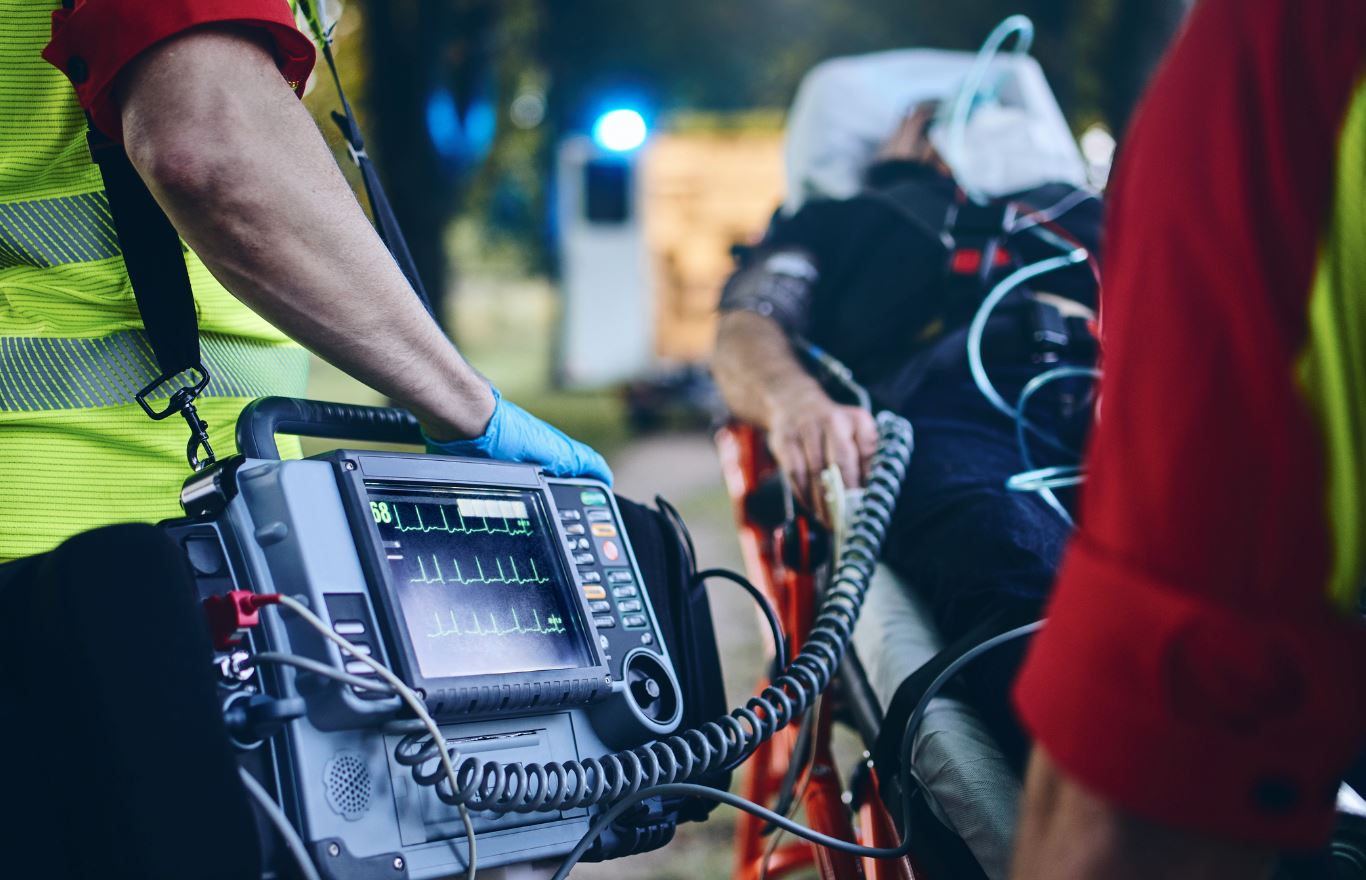
Advanced algorithms developed with artificial intelligence (AI) techniques will be used to facilitate more accurate diagnosis of heart attacks and other common cardiac public hospital presentations under a new research partnership grant led by Flinders University.
The $1.2 million National Health and Medical Research Council Partnership grant announced in the Federal Government Budget will support a collaboration between Australian health service experts and international technology company Siemens Healthineers to sustainably improve quality of care and outcomes in our health system, says project leader Flinders University Professor of Cardiology Derek Chew.
“We will use powerful digital systems and embed robust algorithms in clinical practice with the aim of proving that novel diagnostic techniques can enhance decision-making and improve patient outcomes,” says Matthew Flinders Professor Chew, Network Director of Cardiology at Flinders Medical Centre in South Australia.
Implementation and evaluation of this AI-based decision support tool could directly translate into more effective, consistent and timely decision-making by doctors and health professionals who manage up to 1 million Australians who present with suspected acute coronary syndrome each year at metropolitan and rural South Australian emergency departments (EDs).

Last year, a successful technology-supported randomised trial (‘RAPIDTnT’) led this team to demonstrate the possibility of safely discharging a large number of patients who present to ED with chest pain in a shorter timeframe.
The new project, entitled ‘RAPIDx AI’, advances the long-running work of Professor Chew and his clinical research team at Flinders which focuses on helping doctors to make better decisions which lead to improved patient outcomes.
Deputy Vice-Chancellor (Research) Professor Robert Saint says: “The project has significant potential for large-scale impact as it establishes a framework to optimally re-engineer the clinical approach to suspected acute coronary syndrome assessment, which could be applied in emergency departments nationally and internationally.
“It also recognises the importance of demonstrating the health economic impact of clinical innovation on the health system,” Professor Saint says.
The research team includes co-investigators Professor Thomas Briffa from the University of Western Australia, Professor Louise Cullen at Royal Brisbane and Women’s Hospital, Associate Professor Stephen Quinn at Swinburne University of Technology and Flinders Professor of Health Economics Jonathan Karnon.
The chief investigators and Flinders Health Data Sciences and Clinical Trials team will work with health consumers and partners at the SA Department of Health and Wellbeing, Commission on Innovation and Excellence in Health, Siemens Healthineers, Local Health Networks across metropolitan Adelaide and the Integrated Cardiac Clinical Network which services rural South Australia.
The NHMRC Partnership grant (APP1191914) NHMRC ‘Optimising Evidence Translation in the high-risk time-critical environment of the Emergency management for suspected cardiac chest pain (RAPIDx)‘ grant was one of 22 new NHMRC Partnership Project grants totalling $20 million announced in this week’s Federal Budget.

